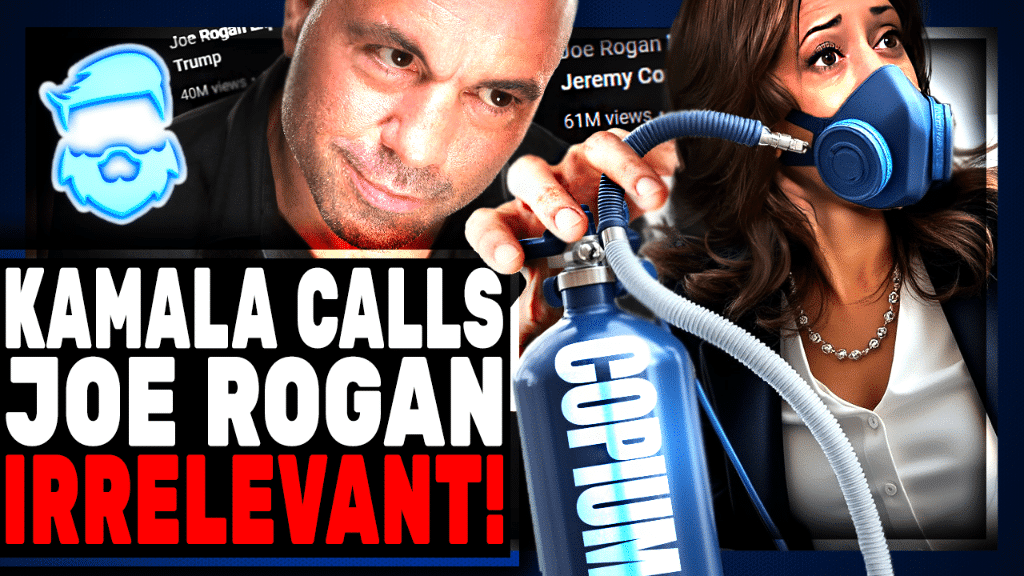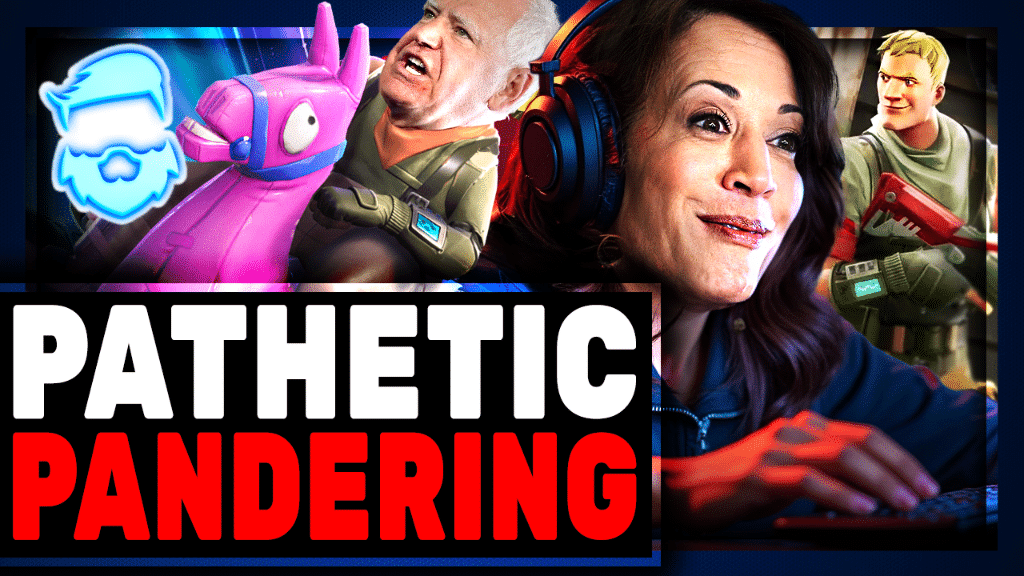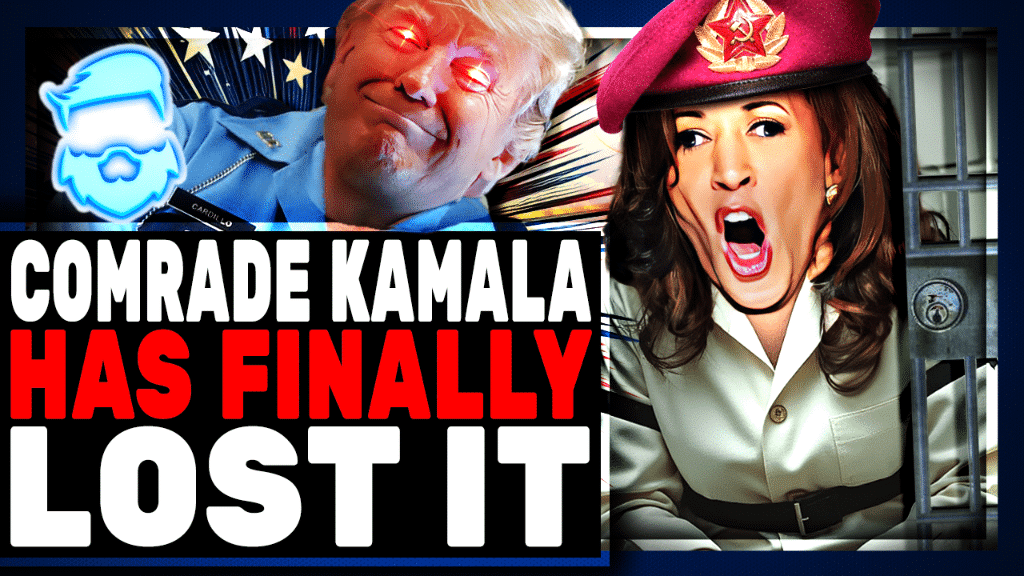Twitter shares plummeted Friday after new doubts about whether Elon Musk’s planned $44 billion acquisition of the platform would go through. The share price dropped more than 10 percent at market open, trading as much as 14 points below the nominal acquisition price of $54.20 a share.
The proximate cause of the drop was a series of confusing statements from Musk, who tweeted that the deal was “temporarily on hold” pending an investigation into the total number of bot accounts on the platform. Twitter had claimed in a filing that bots compose less than 5 percent of daily active users on the platform, although many believe the real figure is higher.
Musk later clarified that he was “still committed to the acquisition,” but uncertainty about the deal has proven difficult to dispel.
Since the terms of the deal were established, there have been significant market shifts for both Twitter and Tesla, the source of the lion’s share of Musk’s personal wealth. Tesla stock has dropped more than 25 percent since Musk made his offer on April 14th as part of a broader market downturn.
The falling share price could have a material impact on Musk’s ability to close the deal since a portion of the funding was initially secured through loans against Musk’s stake in Tesla. However, recent reporting from Bloomberg suggests Musk has arranged for new equity partners to assist in financing the deal, obviating the need for the loan.
Twitter has also struggled, announcing an overcount of user numbers in its most recent earnings and continuing to operate at a loss. More recently, CEO Parag Agrawal abruptly fired two senior executives, raising significant questions about the company’s future. Combined with the market downturn, that has led some analysts to believe Musk might attempt to renegotiate for a lower price.
Twitter’s April 25th agreement with Musk includes a $1 billion termination fee if either party backs out without sufficient cause, although there are complex conditions on when and how it can be triggered. Even if Musk does trigger the termination fee, it would be a fraction of the total cost of the deal and probably less than the savings offered by a lower price.
Financial analysts were split on whether Musk’s bot concerns had put the deal in jeopardy. “The Street will view this deal as 1) likely falling apart, 2) Musk negotiating for a lower deal price, or 3) Musk simply walking away from the deal with a $1 billion breakup fee,” wrote Daniel Ives of Wedbush Securities, concluding that there were “many questions and no concrete answers as to the path of this deal going forward.”

















